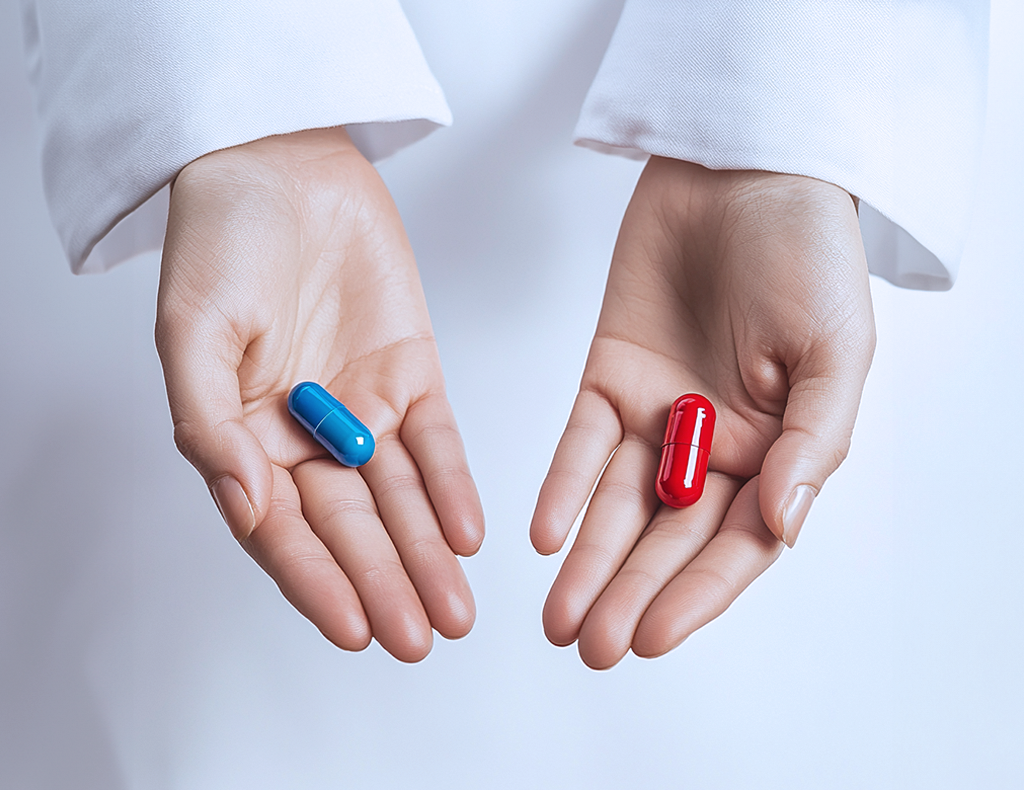
Healing from Within: The Power of Lifestyle Medicine and Longevity
Dr. Guenole Addor is an established thought leader in the world of anti-aging and longevity medicine. With roots deeply anchored in anesthesiology and intensive care medicine, Dr. Guenole has successfully made the leap from a traditional medical background to become a leading consultant in longevity and regenerative medicine. Currently based in Switzerland, he is dedicating his expertise to consulting, concierge medicine, and the establishment of cutting-edge longevity clinics.
What inspired your shift from anesthesiology to focusing on longevity and precision medicine?
During my many years working in the hospital, I learned a great deal, and the field of anesthesiology truly fascinated me. However, I gradually became quite disillusioned with a "sickcare" system that paid no attention to the root causes of the chronic illnesses that all the patients—except in acute cases of accidents—had. This system merely kept them ill for longer with increasing numbers of medications, which often came with other negative side effects. The goal should not be to live longer in poor health, but to have the longest possible life in good health, full of joy, without physical and mental suffering. Longevity should be seen as a bonus to a fulfilling life.
Imagine that approximately 42% of Americans are obese and 31% are overweight. More shockingly, 88% have some form of metabolic dysfunction. This condition is almost always associated with chronic diseases, including the biggest killers like cardiovascular diseases, diabetes and metabolic disorders, cancers, and neurodegenerative diseases. Starting from age 65, around 60% of people suffer from one of these conditions, and 40% suffer from two or more. These figures make it clear that there's a strong need to transform the "sickcare" system into a "healthcare" system. This passion has driven me for many years: the desire to revolutionize medicine into a field of prevention, precision, personalization, and, above all, participation.
As I often say, you are the CEO of your health and hire a doctor to advise you. You don't rely completely on them because no one knows you better than you do, and no one can implement lifestyle strategies for you. The good news is that the bleak picture I just painted of society's evolution is entirely modifiable through lifestyle changes—altering how we eat, sleep, move, think, and approach health before illness strikes. This is what we call epigenetics, an exciting and rapidly evolving field. For me, each individual's health should become a passion and a way of life.
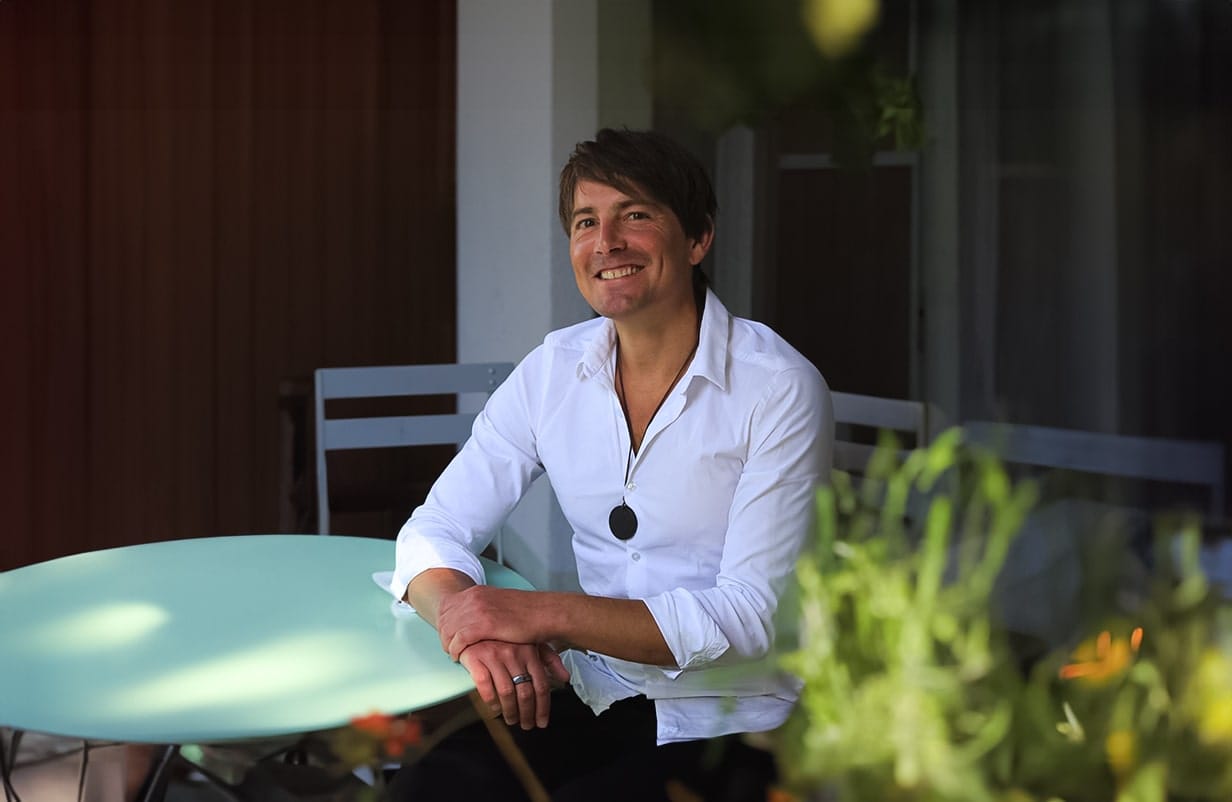
What are some of the most exciting recent advancements in anti- aging and longevity techniques that you are currently exploring?
I believe that advancements in the field of longevity science are continually accelerating, particularly in our understanding of the mechanisms behind the aging process. Scientists are typically cautious and skeptical before making definitive statements about their discoveries, yet many are now asserting that reversing aging in humans—essentially rejuvenating—could indeed be possible. This is what some refer to as the "longevity escape velocity," meaning that for every year we age, we could potentially reverse our age by 2-3 years, or even more. However, these techniques and discoveries are still in their infancy, so to fully benefit from them in the next 5 to 10 years, itʼs crucial to maintain good health, and the best way to do that is through lifestyle optimization.
The most fascinating techniques lie in epigenetic reprogramming, which, in a way, allows a cell to revert to a younger state and even differentiate into other tissues. Moreover, other advancements to watch closely include senolytic treatments, which involve the elimination of so-called "zombie cells." These are old cells that refuse to die, generating significant inflammation and even turning normal cells into senescent ones—a phenomenon known as "inflammaging." Then there are stem cell treatments, which are gaining more interest, particularly the secretion of small vesicles known as exosomes. These exosomes have the ability to send signals throughout the entire body to repair, regenerate, and truly rejuvenate it! This list is by no means exhaustive, as we can also mention a promising technique originally used for treating certain pathologies but now emerging in the longevity field: therapeutic plasma exchange (TPE). This involves replacing part of one's plasma (a fraction of the blood) with synthetic blood derivatives, effectively eliminating inflammatory and aging factors.
Itʼs also important to note the remarkable progress in the anti-aging sector, especially concerning skin treatments, with innovations such as lasers, radiofrequency, the discovery of certain synthetic or natural peptides, as well as numerous natural compounds that can be integrated into cosmeceutical products or supplements, all of which hold significant potential for longevity.
However, we must not forget what I consider fundamental: all these interventions can only be effective in extending healthy, high-quality years of life—an important distinction—if the fundamental principles of a healthy lifestyle are adhered to. Over 80% of your quality of life depends on your daily habits, consistently applied over the long term. There is no miracle cure. And we must also remember that most of these interventions are still experimental in humans; some are even only tested in animals. Therefore, to fully benefit from these scientific advancements, it's essential to optimize your quality of life now, so you remain in peak health in the coming decades to take advantage of future scientific breakthroughs.
How do you stay updated with the latest research and developments in this rapidly evolving field?
Staying updated in the field of longevity and precision medicine is indeed a full-time endeavor. With only 24 hours in a day, balancing my own health practices with continuous learning is a challenge. I prioritize my essential routines, including a solid eight hours of sleep, an hour of daily exercise—where I often listen to podcasts—and quality time for socializing and family meals. Despite this, I often wish for more hours in the day.
To keep up with the latest advancements, I engage in a variety of learning methods. I take online courses, attend webinars, and listen to specialized podcasts in the field. YouTube videos are also a great resource, providing both visual and auditory insights. Interaction with other longevity experts is crucial, and I do this through channels like Slack and WhatsApp groups, where we share the latest research and experiences.
Reading is a big part of my routine. I consume a vast amount of books and articles. But beyond just reading, I believe in personal experimentation. While I don't try everything—some treatments are curative, too expensive, or lack sufficient evidence—I make it a point to test the lifestyle hacks I recommend. This hands-on approach not only helps me understand the practical aspects of these strategies but also enables me to explain them more effectively to others.
This combination of continuous education, professional interaction, and personal experimentation allows me to stay at the forefront of this rapidly evolving field.
What I also believe is that experimentation and lived experience hold tremendous importance. Science is often precise... but is the reality of life just as exact? No, and this is especially true when it comes to health, because we are also governed by our subjectivity and emotions, which, incidentally, is part of what makes the human race so beautiful.
This is why I consider myself to be “evidence bond and experience basedˮ.
Some fundamental tips from Geunole
Incorporate Strength Training: Include exercises like weightlifting or bodyweight exercises to maintain muscle mass and bone density.
Add Cardiovascular Activities: Engage in activities like running, cycling, or swimming to boost heart health and endurance.
Prioritize Flexibility and Mobility: Include stretching or yoga in your routine to enhance flexibility and prevent injuries.
Stay Active Throughout the Day: Take breaks to stand, stretch, or walk, especially if you have a sedentary job.
Too many people think that doing one hour of exercise a day while sitting for the rest of the day is enough, but what about the other 23 hours??? No, you need to move all day, it's the best way to stay alert, metabolically healthy, and dynamic, and above all, to increase whatʼs called NEAT (non-exercise activity thermogenesis), which allows you to burn calories throughout the day, particularly fat, which is essential in addition to dedicated training.


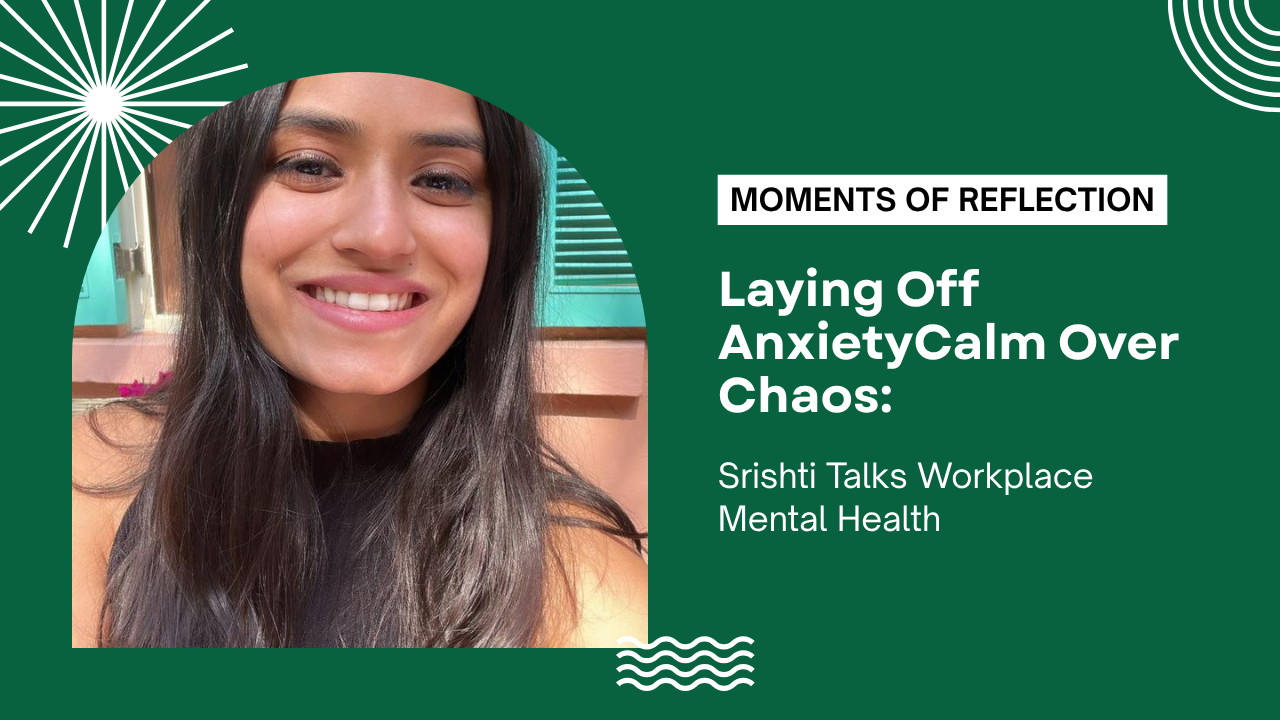
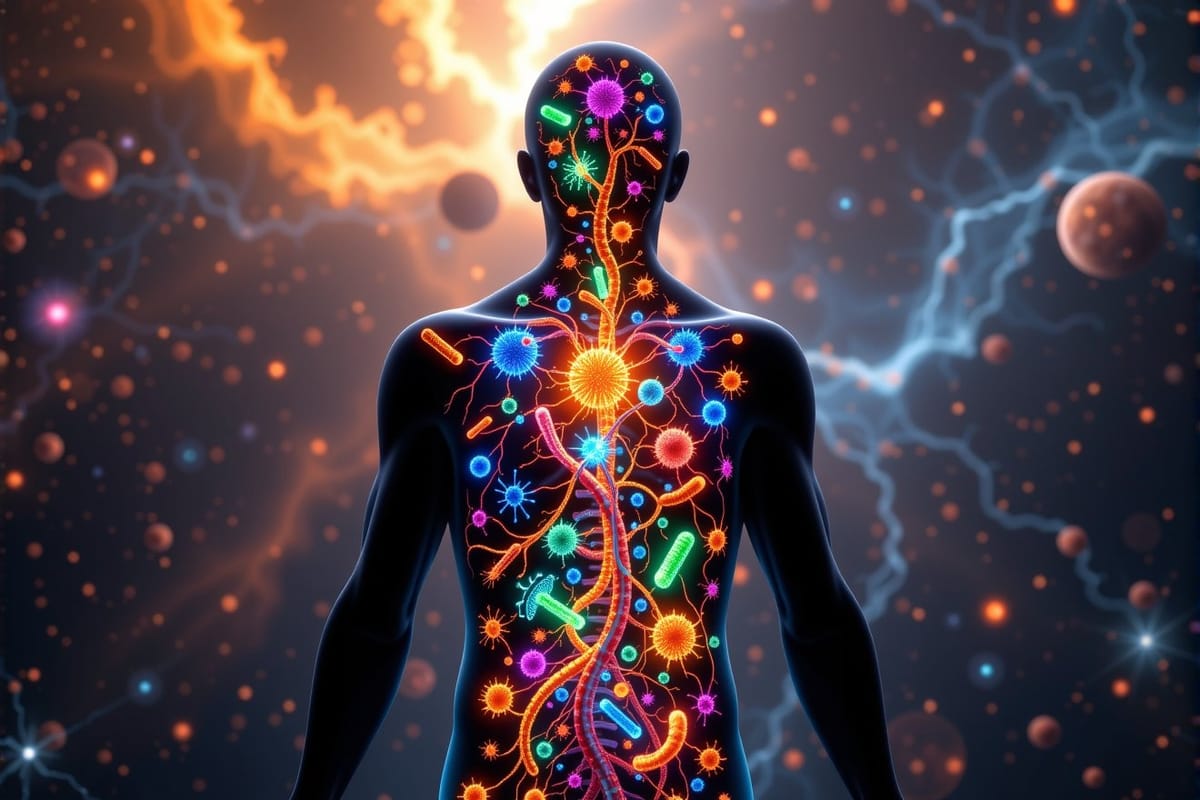

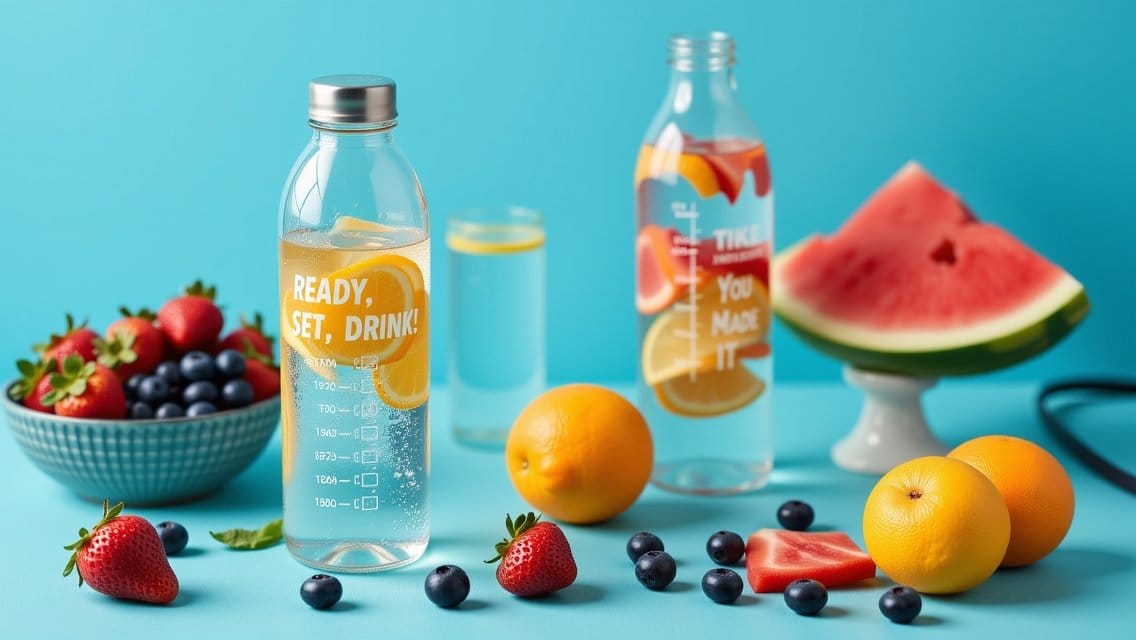
Comments